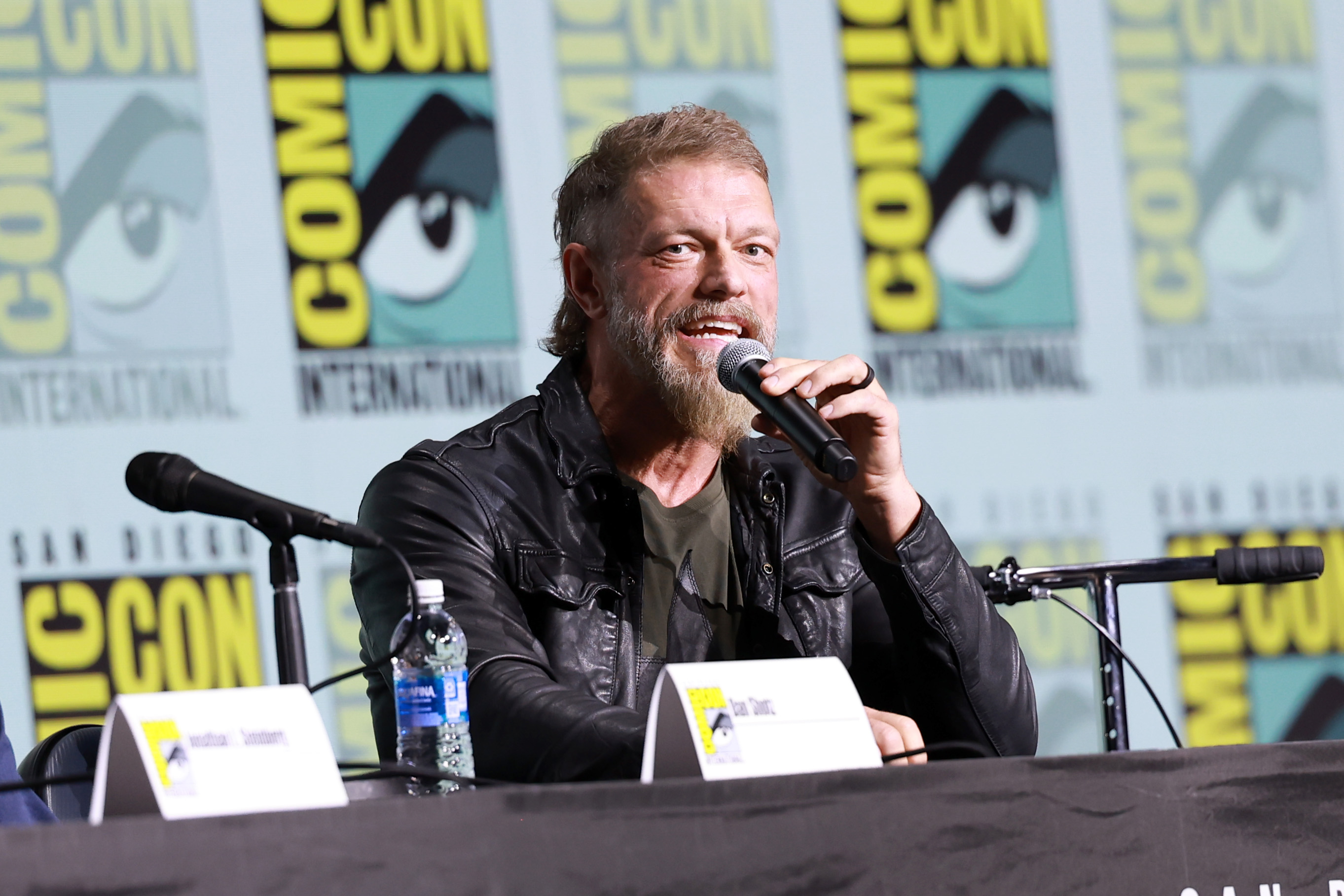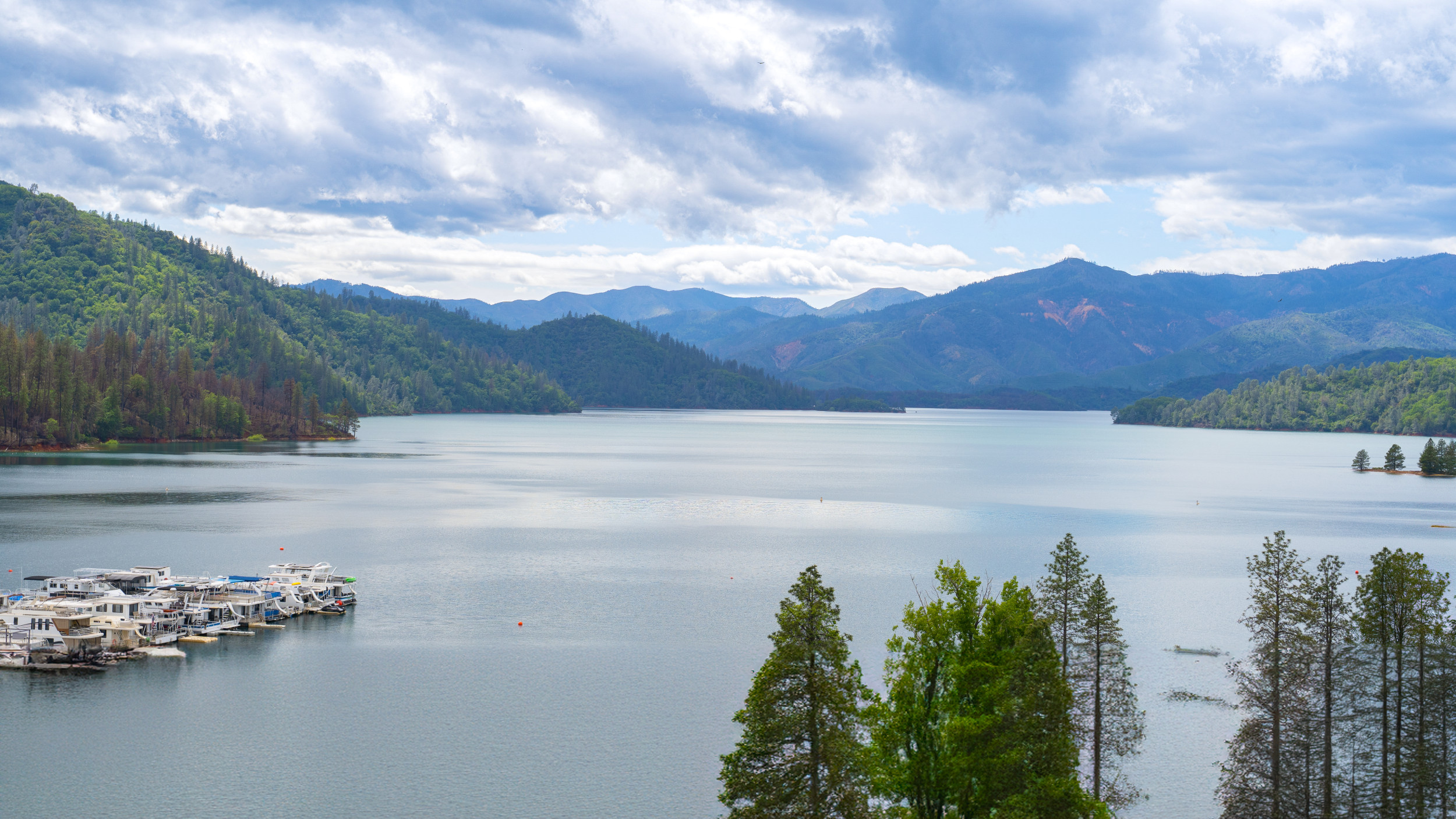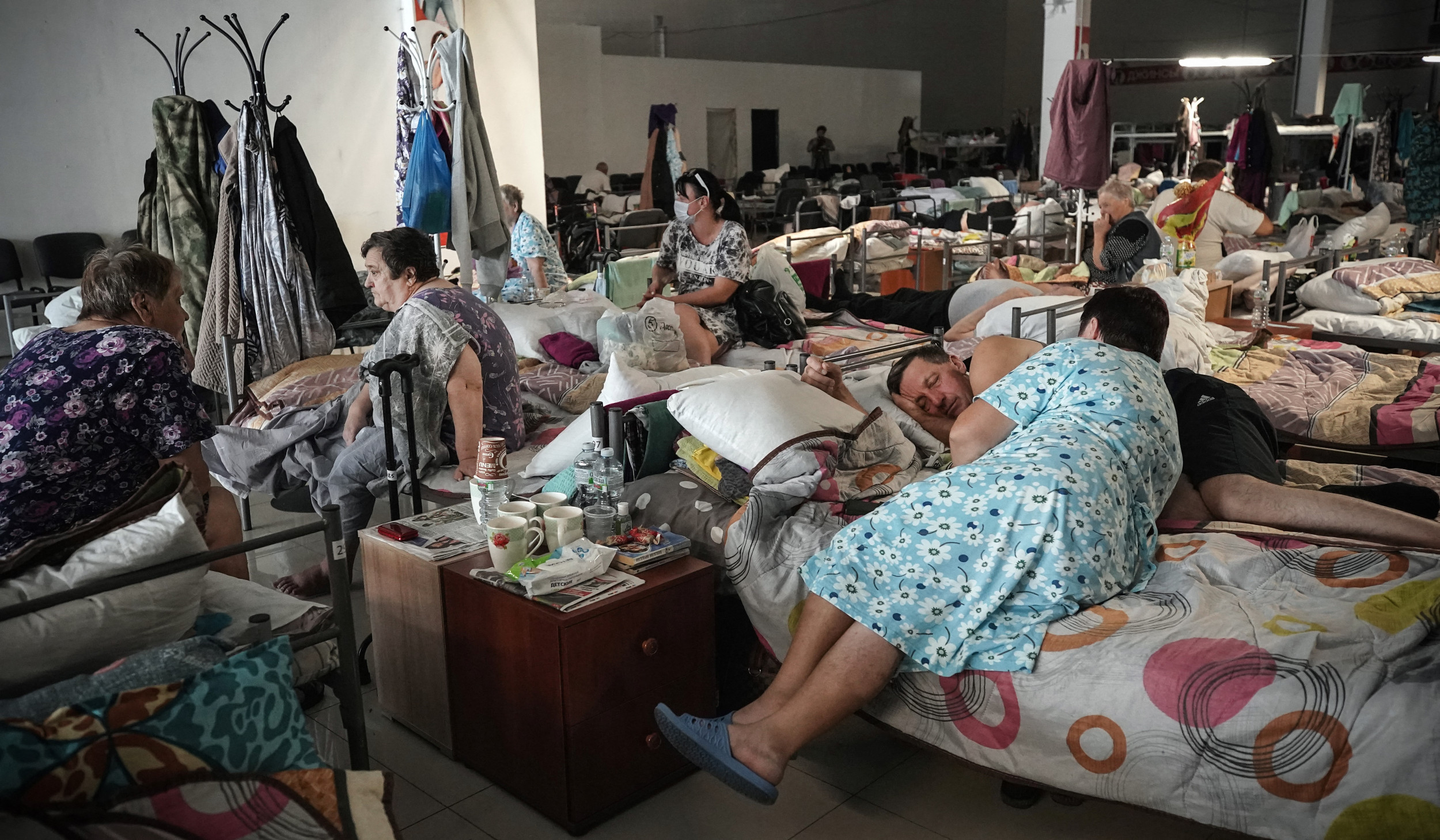A 23-year-old Eagle Scout is sailing 6,000 miles across the U.S. and Canada, tackling the Great Loop route in an unmotorized canoe.
Starting in June from Escanaba, Michigan, Peter Frank has paddled through Canada, the Great Lakes, and down the U.S. East Coast.
The route is usually undertaken by yachts, but the keen traveler has instead opted for a canoe.
Now in Maryland's Chesapeake Bay, he's around a quarter of the way through the waterway journey, recently making the 1,500-mile mark.
On his way south, he went through New York City, floating by the Statue of Liberty.
The Great Loop comprises parts of the Atlantic and Gulf Intracoastal Waterways, the Great Lakes, U.S. inland rivers, and Canadian canals. For Frank, it's more than a physical challenge—it's an expression of gratitude for his ability to take on such an endeavor after a near-fatal accident a decade ago.
At 14, he broke 14 bones—including two vertebrae in his spine—and was nearly left paralyzed when a car ran over a pile of leaves he was hiding in to surprise a friend.
"It's my form of showing the appreciation for being alive and being able to walk and do the things that I can do," said Frank.

How Are Electronics, Food, and Self-Defense Handled on the Great Loop?
Clad in self-designed pirate-inspired clothing, Frank paddles six to 10 hours daily and camps near the water at night. Occasionally, he accepts invitations from readers of his blog to stay in their homes.
He uses a solar panel and 10 portable power banks to keep his GPS, radio, camera, and phone charged. His electronics bag alone weighs about 25 pounds.
"I find that 10 is a good amount and will keep me charged on GPS, radio, cameras, and phone battery through any predicament," Frank said.
He carries minimal self-defense gear—only a small filet knife for fish and a pocket knife for cutting rope, explaining that "in the long run, it's never been much of a concern."
"Anything beyond my control isn't something I can prevent with anything I can take with me."
For food, he prepared in advance by dehydrating game meat and making ground beef in an oven and vacuum-sealing it for the trek.

How Does Peter Frank Finance His Travels?
Frank is no stranger to ambitious expeditions, having previously explored Florida by canoe and bicycled across the U.S. All previous expeditions, albeit smaller in scale, have cost him less than $1,000.
For him, these adventures are a form of personal growth and spiritual gratitude.
"I enjoy being alive most of all, and so I guess for me these expeditions are not only my college and my education, but it's also my form of worship in a way, my giving thanks to the world for being alive and being able to walk," he said.
To fund his journey, Frank relies on freelance writing and contributions to what he calls his blog's "Rotisserie Chicken Fund."
"Every now and then, somebody will send me $20 online, which helps out a lot for like food and stuff," he explained.
"But in the meantime, I also write for magazines, and the magazines will publish my work."

Paddling Against the Current
Frank is paddling the Great Loop clockwise, facing upstream currents on inland rivers for much of the journey. He expects to complete it in 17 months.
His timeline is dictated by the elements, because many of the lakes he needs to cross to eventually reach his destination will freeze by fall next year.
"I would say that nature is my biggest competitor, most definitely," Frank said.
For now, Frank ensures everything he owns is packed into his canoe.
"Through the struggles of following my dreams with little to nothing, I've developed the capacity to enjoy less, and as a result, I live well with little," he said.
"It's very hard to picture where I will be three years from now, as I'm still young and growing, but I'm hoping that on this journey, this very long journey of self-discovery, I'll perhaps find that."
This article includes reporting from The Associated Press




















 English (US) ·
English (US) ·